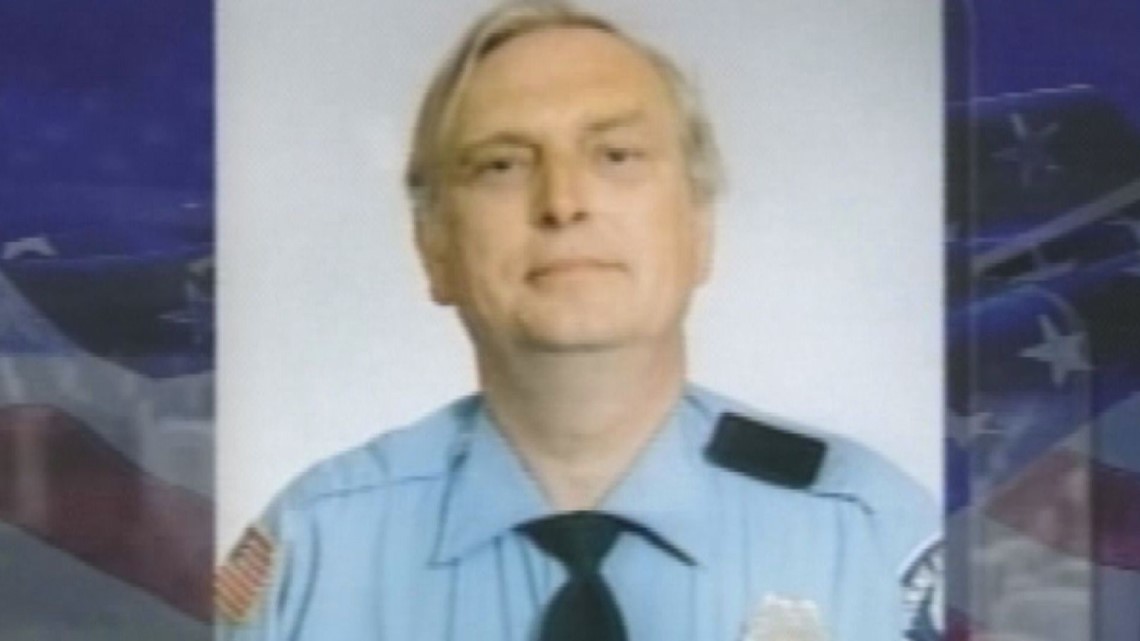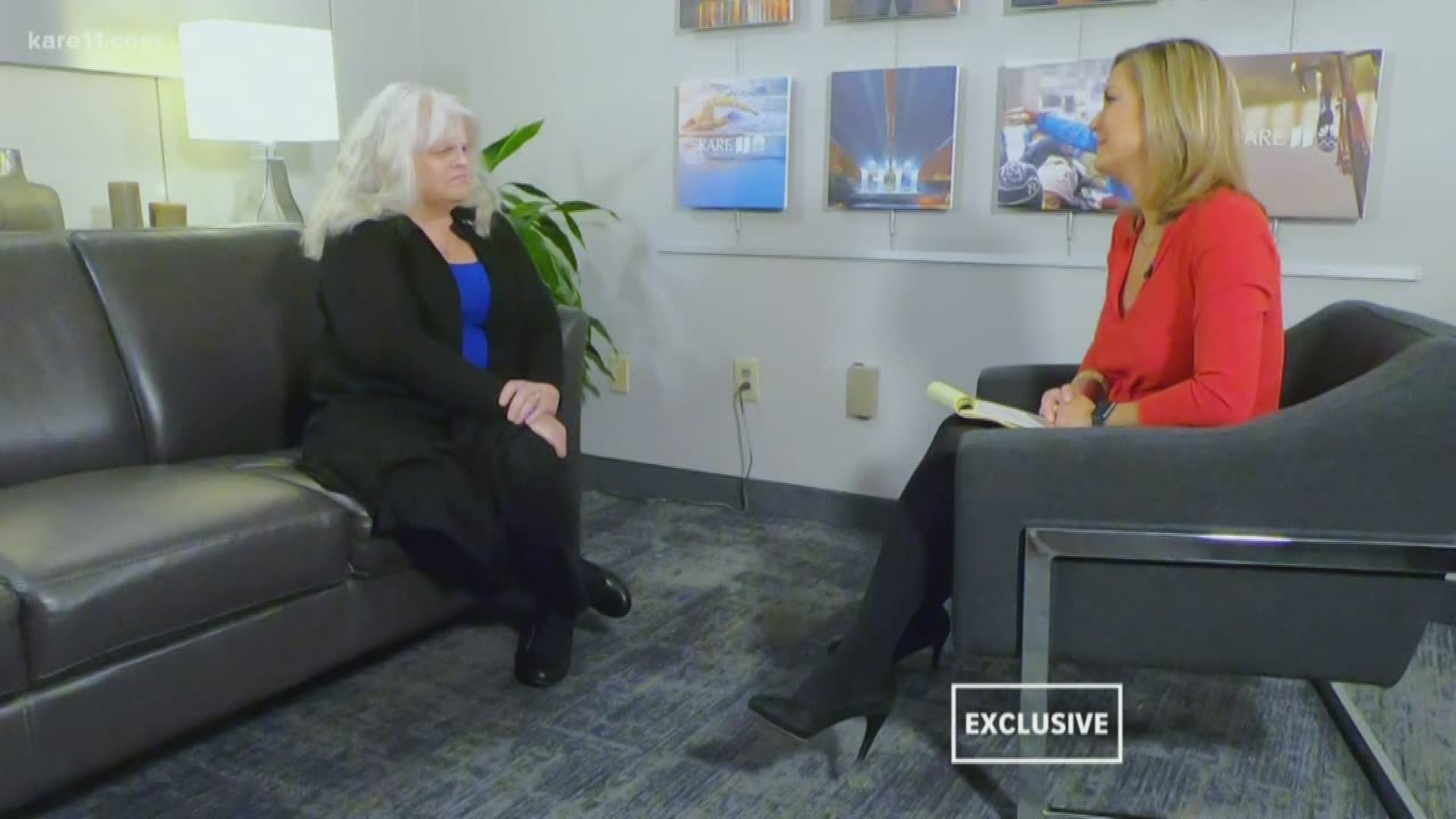MINNEAPOLIS — In September of 1992, Minneapolis police officer Jerry Haaf had been looking forward to his retirement in just three months. Instead, his family was left to suddenly plan for his funeral when he was killed in the line of duty.
"My dad wasn't killed the way you'd think an officer would be killed," his daughter, Cindy Haaf Benson said. "He was in the traffic department, he wrote you the ticket. It wasn't a domestic, it wasn't a chase it wasn't a burglary. He had just finished up a DUI report, sitting back having his cup of coffee and reading the newspaper. You don't plan or think that's how you're going to die.”
On Sept. 25, 1992, four gang members, looking for revenge against the Minneapolis Police Department, decided to kill a cop. They went to the Pizza Shack, a restaurant popular with police, found Officer Haaf reading a newspaper on a coffee break, and shot him in the back.
The four men were later convicted and sent to prison in the case; but nearly 30 years later, two of the men who had been sentenced to life are now being considered for parole.


“When he was killed in ’92, life meant minimum of 30 years," Benson said. "We are at that mark now, where they're starting to do the pre-parole hearings and that's why we're here. Hey folks, please take the time to write a letter, let them know, no parole for cop killers."
The Haaf family has declined interviews for years, but Benson agreed to speak exclusively with KARE 11's Julie Nelson, as part of her family's effort to keep her father's killers behind bars.
"After my dad died, the state legislature got together and changed the law where it's now no parole at all. First-degree murder, no parole, life in prison the way it should be. We’re here to keep that going," Benson said.
This case prompted a law change. Now, there is no chance for parole for the first-degree murder of a police officer, and it was the Haaf case that prompted that change.
So what happens next? McKenzie isn't eligible for parole until 2022, but this is a three year process. The Haaf family and anyone else can give input to the department of corrections now. Mckenzie will appear at a hearing later this month, and a recommendation will be made.

